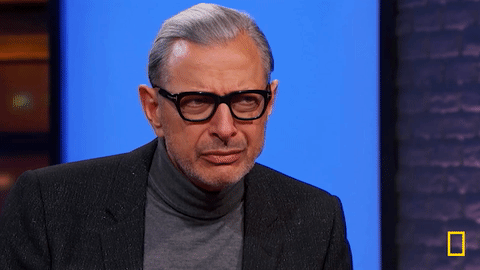I’m still one of those who think humanity’s road to a livable future is built using our ability to overcome our “natural” limitations, what might be called inventing technology. In order for billions of us to share the earth we’ve had to invent technology to overcome diseases, communicate across vast distances, even fly. But the technology we have created is about to replace much of the work people do to earn a living, making the future appear disturbingly uncertain. Not only that, the internet, our public square, has become full of toxic tweets, weaponized social media, and enough disinformation to make you wonder if you can possibly know what is true any more. As a livable future has become less visible on the horizon I’ve been wondering if there really is anything at all out there to which I can attach my technological hopes. I think a glimmer of a possibility has appeared.
I’ve been noticing the gathering of a creative wave in our culture, forming from the energy being liberated by what is called blockchain technology building a decentralized network right on top of the existing internet. Surfing this wave has been giving me something constructive to focus on instead of just sitting around avoiding the news, trying not to look at social media, lamenting the ‘widening gyre.’
If you haven’t already looked into any of this blockchain stuff it can be a steep learning curve. But a key non-technical concept is that the system assumes no one is inherently trustworthy, a truth the current public sphere seems to confirm daily. Instead of trusting a bank or corporation or even a government to act according to the rules, and then trying to catch and punish those who don’t, blockchains allow no way for even super rich and powerful groups of malefactors to manipulate the definition of truth; the architecture of the system and the vast distribution of the data combine to make that an unprofitable impracticality. Almost 20 years of continuous security of the Bitcoin blockchain can be seen as a real world test of relying on this system instead of a trusted central authority. All the hacks and scams have happened at the interface of the blockchain with fiat currency (exchanges) or in secondary activities having nothing to do with the security of the blockchain itself. You might reasonably wonder “Then who is actually running this thing?” The answer is “everybody who is participating.”
It’s also hard to understand how just participating in a network generates value — ‘money for nothing.’ But if you can grasp that participation in validating the information in the blockchain (what is called “mining”) is a form of work, then it’s easy to understand being compensated for it by the network. After all, the network is getting value out of this validation of its data, and you deserve a share of that value for being part of the computing that went into validating it. Worrying about how we can have a universal basic income after all the jobs are taken over by robots and software? An answer is staring us right in the face.
In fact, once I started looking into the potential uses for blockchain technology I realized that teams of creative people are already working on using it to create solutions for many of the problems of modern life that otherwise appear intractable, including securing identity, trustworthy voting, verifiable journalism, and providing a more workable communications environment where anonymity does not also allow toxic behavior to thrive.
I see our best hope for the future in creating an alternative system of information flow built directly on top of the existing system, one that by design encourages positive ways of interacting and is designed to be resistant to the kinds of centralized corruption that are poisoning our common interests. Right now there are many communities of developers trying to use blockchain technology and cryptocurrency to build self governing, self sustaining internet ecosystems that are also, in some cases, literally capable of standing alone (eg RightMesh). Reading their “white papers” you find them all wanting the same things out of this — which turn out to be the same things I want, and I know you want. No revolution required, just the evolution of a more sustainable paradigm for our digital civilization.




3 Comments
Leave a reply →